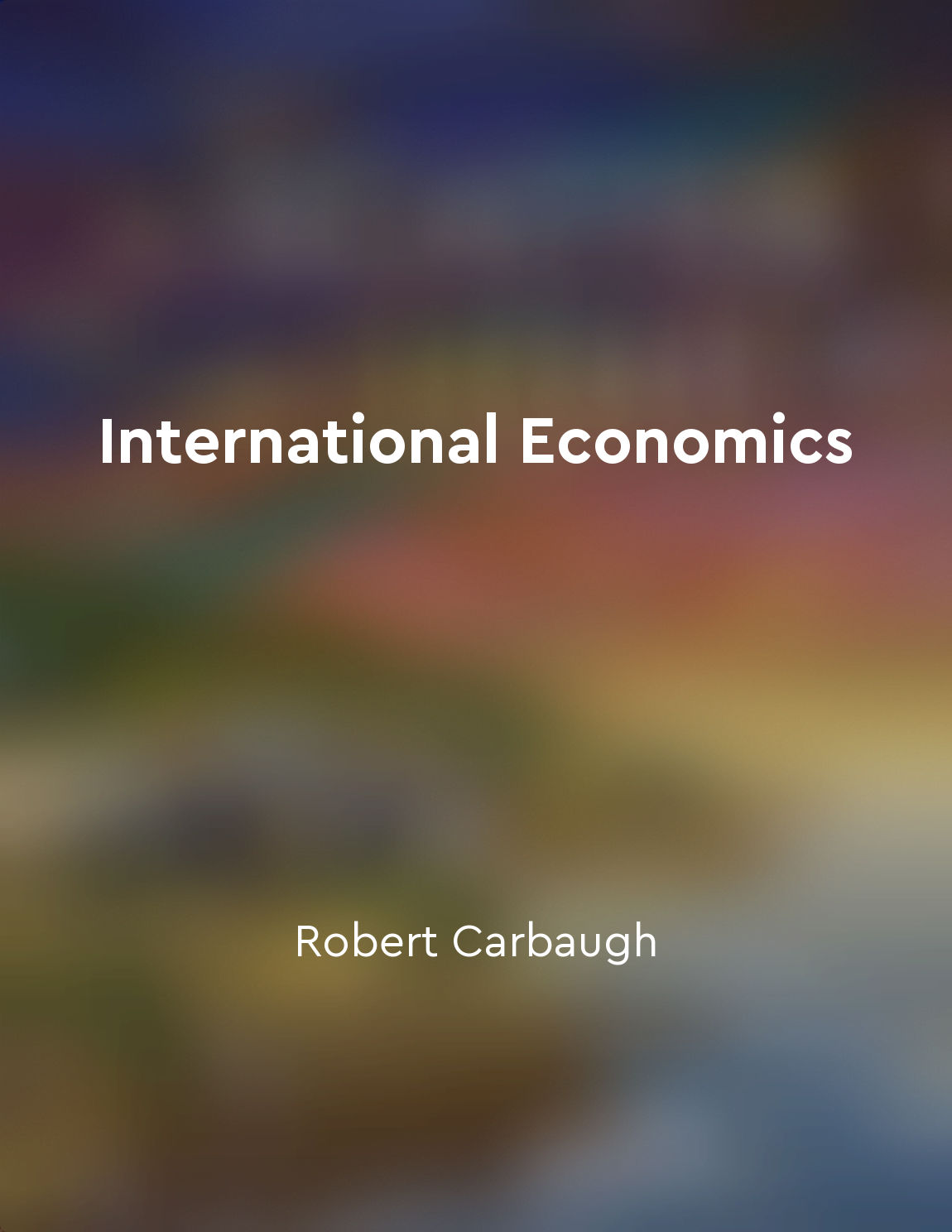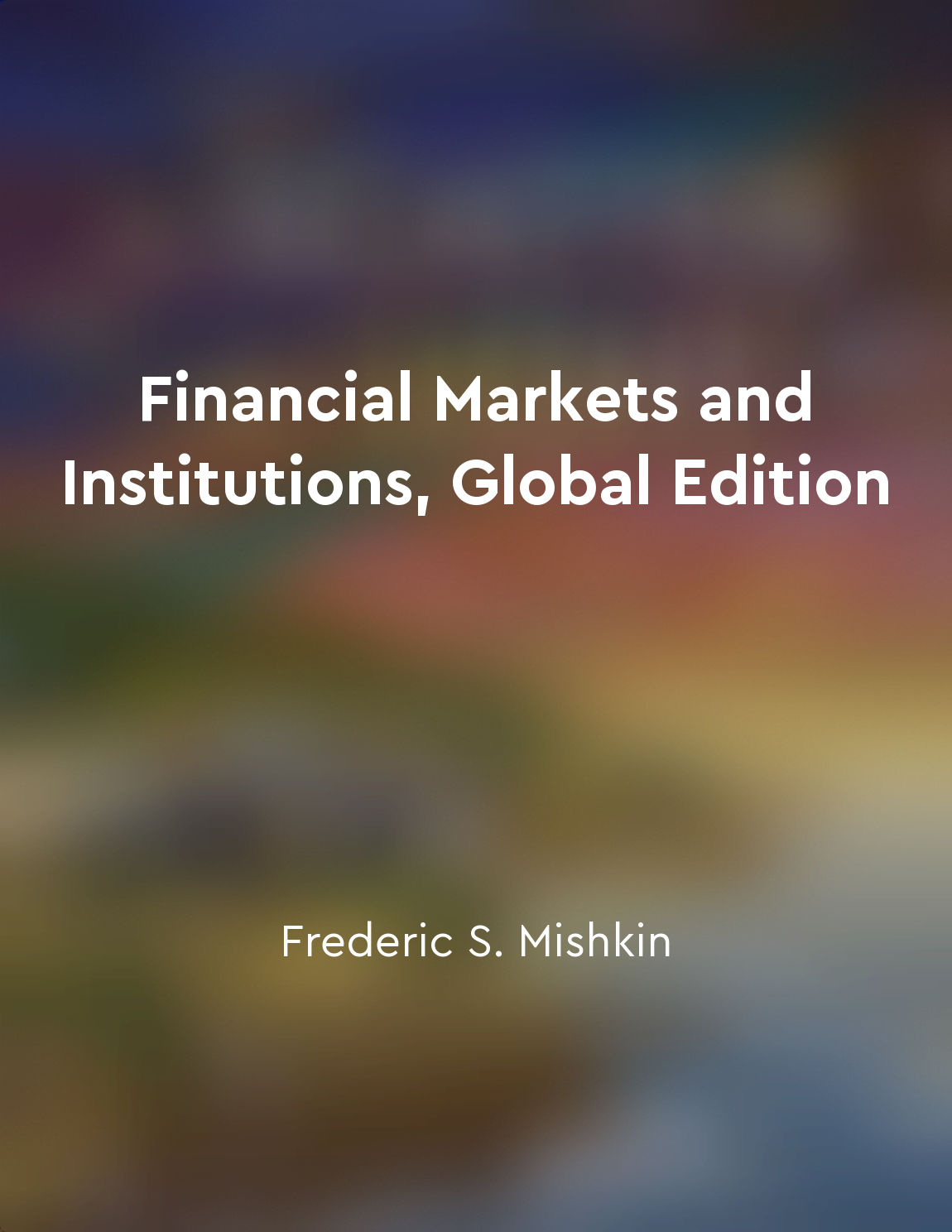Audio available in app
Globalization has connected countries and economies like never before from "summary" of The Politics Book by DK
Globalization is a phenomenon that has transformed the way countries and economies interact with each other in today's world. It has enabled a level of connectivity between nations that was previously unimaginable, breaking down barriers and facilitating the exchange of goods, services, and ideas on a global scale. This interconnectedness has created a web of interdependence among countries, leading to a more integrated and interlinked global economy. One of the key drivers of globalization is the advancement of technology, particularly in the realm of communication and transportation. The emergence of the internet, mobile phones, and other digital technologies has made it easier for people to connect with each other across borders, transcending geographical limitations and facilitating the flow of information and capital across the globe. Similarly, improvements in transportation have made it faster and more cost-effective to move goods and people from one country to another, further enhancing global trade and economic integration. As a result of globalization, countries have become more reliant on each other for their economic prosperity. The interconnected nature of the global economy means that events in one part of the world can have far-reaching consequences in other parts, as seen in the global financial crisis of 2008. This heightened interdependence has also led to an increase in international cooperation and collaboration, as countries recognize the need to work together to address common challenges such as climate change, terrorism, and pandemics. However, globalization has not been without its challenges. While it has brought about economic growth and development in many parts of the world, it has also exacerbated inequalities within and between countries. The benefits of globalization have not been evenly distributed, leading to disparities in income, wealth, and opportunities. This has fueled resentment and backlash against globalization, as some feel left behind or marginalized in the face of rapid economic change.- Globalization has revolutionized the way countries and economies interact with each other, creating a more interconnected and interdependent world. While it has brought about numerous benefits, it has also presented challenges that need to be addressed in order to ensure a more inclusive and sustainable global economy.
Similar Posts

Economic indicators guide policy decisions
Economic indicators provide important information about the state of an economy and help policymakers make informed decisions. ...

Hedge funds employ complex strategies to generate returns
Hedge funds are unique financial institutions that utilize intricate methods in order to produce profits for investors. These f...

Economics studies human behavior
Economics, at its core, is the study of how individuals make choices in the face of scarcity. This fundamental concept underpin...

The human cost of progress weighed heavily on the conscience
The transformation of the world came at a price that few were willing to acknowledge. The relentless pursuit of progress left a...
Introduction to Spanish language, culture, and economics
The foundation of this primer lies in the exploration of the interconnectedness between language, culture, and economics in the...
Natural resources can fuel economic growth
The presence of abundant natural resources has long been understood as a potential driver of economic growth. These resources, ...

